Here’s why and what we can do about it.
Disinformation has been used as a weapon for as long as there’s been news to use. During the Cold War, Putin and the KGB used disinformation to disrupt American democracy and society. The attacks haven’t stopped, and the problem is even worse today. Technology and social media platforms get more sophisticated every day and so does their use as delivery mechanisms for disinformation. Every day disinformation gets harder to track and easier to spread. It’s particularly bad in Latino communities.
Part of the reason is because Latinos use social media more than other segments of the public. The use of encrypted messaging apps like WhatsApp, make the problem even harder to address since it is difficult to flag false or misleading content on those platforms. Even worse, disinformation en Español stays up longer than it does in English—since companies don’t spend as much money monitoring Spanish-language content. These factors all make the Spanish speaking community especially vulnerable to harmful information.
In fact, 70% of Spanish-language misinformation surrounding COVID-19 went unflagged on Facebook while 87% of Facebook’s spending to counter misinformation is spent on English-language misinformation.
Bad actors know this and take advantage of it.
Why? Disinformation machines, like Putin and others, benefit from a divided American public and are seeking to further distract us by exploiting genuine differences in our communities. They use frustration and fear to increase polarization and drive us further apart.
One of the most popular Spanish language TV channels, Actualidad RT, is headquartered in Moscow. Putin uses RT to control the story about the war in Ukraine by spreading disinformation to the Latino community. With 18 million Facebook followers, their RT en Espanol page is spreading false messages far and wide with little being done to stop it.
But there’s good news! By taking responsibility for ourselves and our community, we can combat disinformation together. That’s why Community Conversations has been holding face-to-face meetings with Latino communities to highlight the problem and talk about the best solutions. Help protect your family and friends. Let them know what they can do right now to defend themselves:
– Raise awareness about disinformation. Talk about it.
– Pause before you share. Make sure it’s real before you click.
– Be skeptical.
– Do your research.
– Do not comment on or share disinformation when you see it. This stops the spread.
– Engage only with content you want to reward and spread.
Share, download, or print our infographic in English or en Español.

